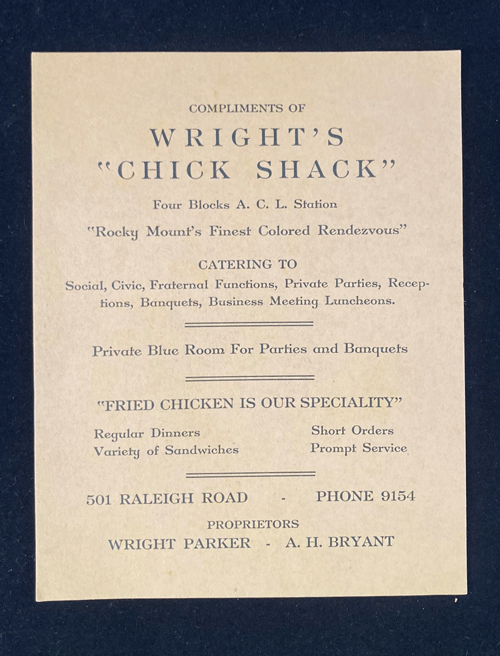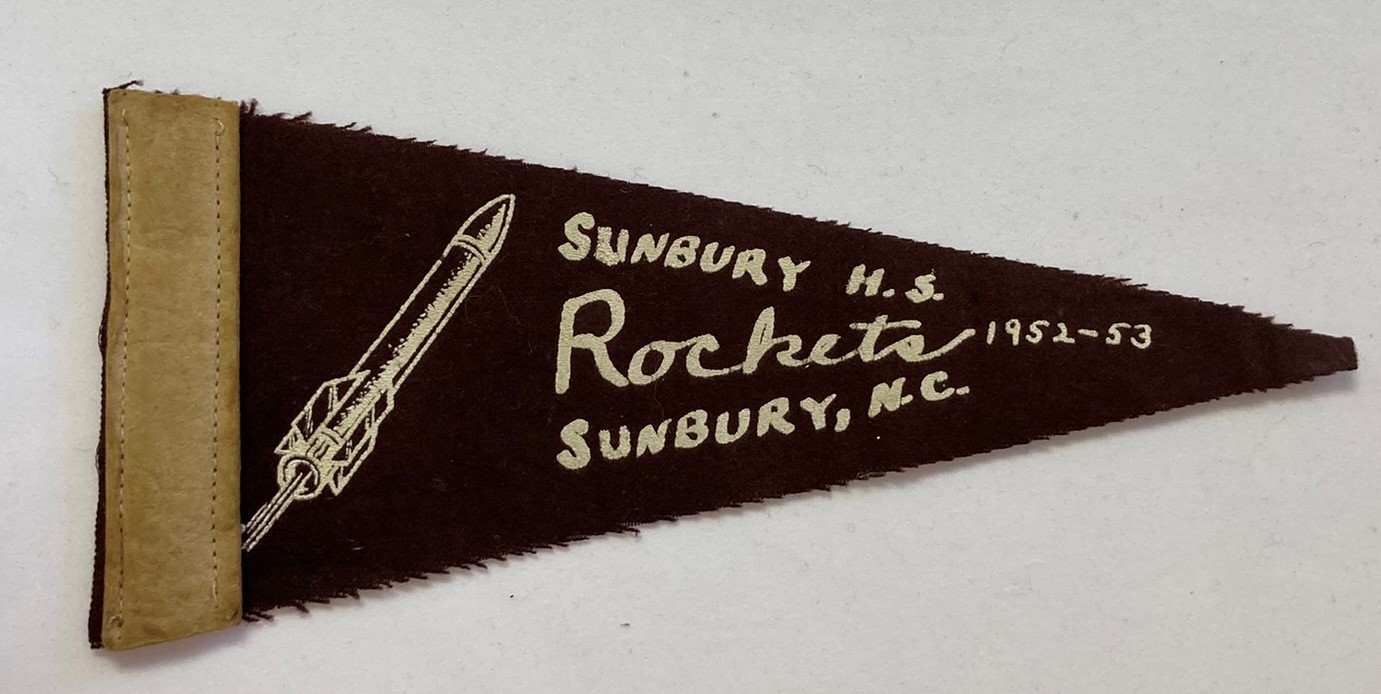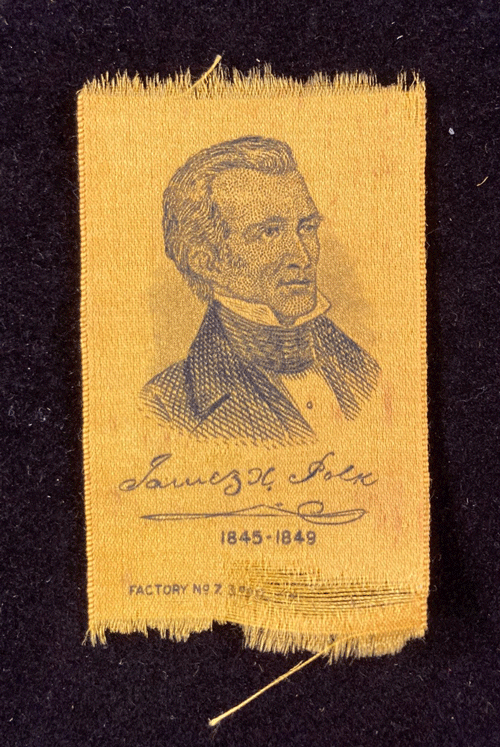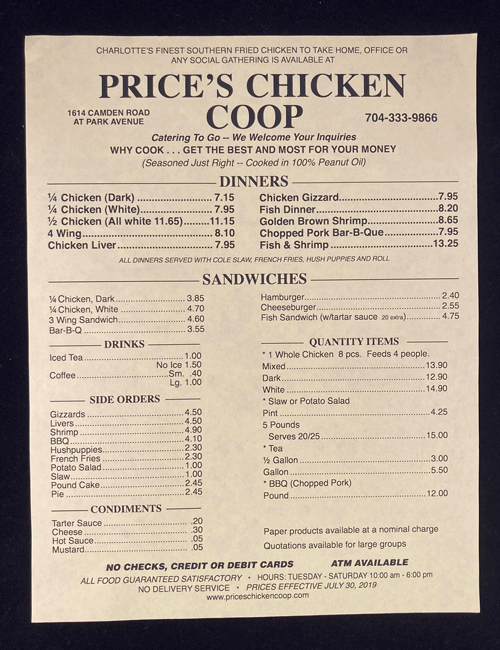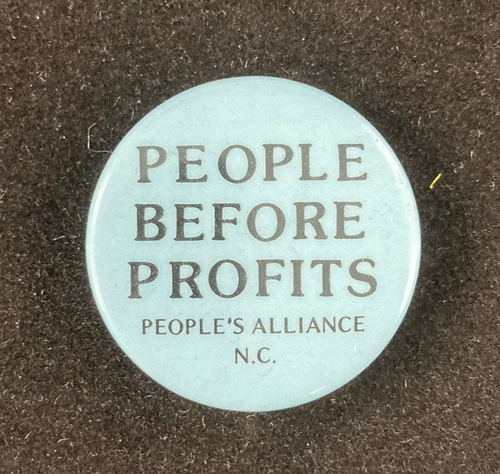” ‘Bunk’ already had a fascinating history in American usage before [William E. Woodward‘s 1923 novel by that name] appeared. In its nonsensical meaning, ‘bunk’ is a shortened form of ‘bunkum.’ That word goes back to 1820, when Felix Walker, a congressman from North Carolina, gave a long, irrelevant speech on the floor. He admitted to his colleagues, ‘I shall not be speaking to the House, but to Buncombe,’ a county in his home district.
” ‘Speaking to Buncombe’ then entered political parlance to refer to pointless oratory. In the late 1830s, that expression got shortened to ‘speaking (or talking) Bunkum,’ using a playful alternative spelling for ‘Buncombe.’ Only in the 1840s did ‘bunkum’ begin to stand on its own to mean ‘claptrap,’ especially of the political kind.
” ‘Bunkum’ then got clipped to ‘bunk’ by the late 19th century. The humorist Finley Peter Dunne used it in 1893, when a character assesses two replicas of Irish villages at the Chicago World’s Fair. One of them, he says, ‘is th’ real Irish village,’ while ‘th’ other one from Donegal is a sort of bunk.’
“Thomas Edison was widely quoted as saying ‘Religion is all bunk,’ causing such an uproar in 1910 that he was forced to clarify that his quarrel wasn’t with the existence of God. Henry Ford, arguing against U.S. involvement in World War I in 1916, notoriously told an interviewer, ‘History is more or less bunk.’
“By the time Woodward wrote ‘Bunk,’ the slang term was well entrenched. But Woodward didn’t coin ‘debunk.’ Newspaper databases now reveal earlier uses, such as a 1915 article in the New York Sun profiling Arthur S. Hoffman, a founder of the American Legion: ‘And yet in his quiet, emphatic way he kept boring and boring in a convincing manner, debunked and denuded of all that was not fact.’
“Still, Woodward’s novel undoubtedly introduced ‘debunking’ into mainstream use, and that’s no bunk.”
— From “What ‘Debunking’ Owes to a 1923 Novel and Buncombe County, N.C.” by Ben Zimmer in the Wall Street Journal (Jan. 4, 2019)
“Bunkum” as a superlative? Nicholas Graham checks it out. And William Safire notes its contribution to “hokum.”

